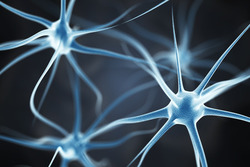About Chronobiotic Substances
Chronobiotics are substances that can affect the circadian rhythm (the biological clock) interact with the body. Chronobiotics are agents that can cause phase adjustment of the circadian rhythm, which means they can help synchronize or resynchronize the internal clock with the external environment. Chronobiotics can be used to treat or prevent disorders caused by circadian misalignment, such as jet lag, shift work, insomnia, and metabolic diseases.
Some examples of chronobiotics are:
- Melatonin: a hormone secreted by the pineal gland at night that regulates the sleep-wake cycle. Melatonin can be taken as a supplement to help adjust to different time zones or improve sleep quality.
- Caffeine: a stimulant that can increase alertness and delay sleep onset. Caffeine can be used to counteract the effects of jet lag or shift work, but it can also disrupt the circadian rhythm if consumed too late in the day.
- Light: a natural cue that entrains the circadian rhythm to the day-night cycle. Light exposure can be manipulated to advance or delay the circadian phase, depending on the timing and intensity of the light. Bright light in the morning can help advance the clock, while bright light in the evening can help delay it.
- Phytochemicals: plant-derived compounds that can modulate the circadian rhythm by affecting the expression or activity of clock genes or proteins, the metabolites of gut microbiota, or the secondary metabolites. Some phytochemicals that have been shown to have chronobiotic effects are resveratrol, curcumin, quercetin, and anthocyanins.
Different Kind of Stimulant
